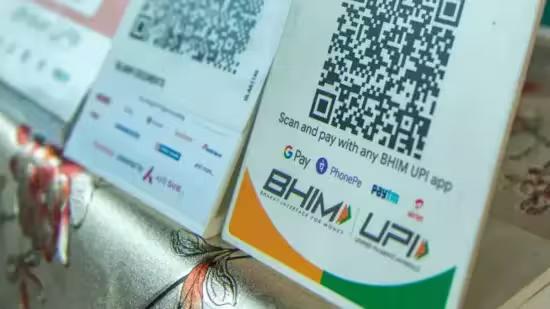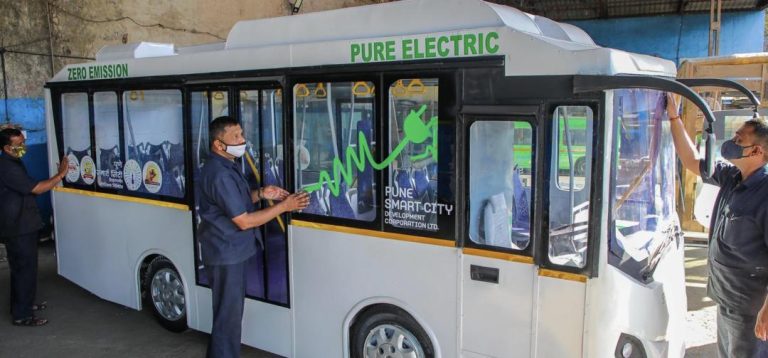
Trinidad & Tobago becomes the first Caribbean nation to adopt UPI
In a significant development, Trinidad and Tobago has emerged as the first Caribbean country to adopt Unified Payments Interface (UPI), India’s flagship digital payment platform. This milestone was achieved during Prime Minister Narendra Modi’s two-day official visit to the Caribbean nation. The adoption of UPI is a significant step forward in the digital payment landscape, not only for Trinidad and Tobago but also for the entire Caribbean region.
UPI, developed by the National Payments Corporation of India (NPCI), is a real-time payment system that enables users to send and receive money using a unique identifier, such as a mobile number or virtual address. The platform has gained immense popularity in India, with over 1 billion transactions recorded in a single day during the COVID-19 pandemic.
The adoption of UPI by Trinidad and Tobago is a testament to the growing importance of digital payments globally. The country’s move is expected to boost financial inclusion, reduce transaction costs, and increase the overall efficiency of the payment system. The adoption of UPI is also expected to create new opportunities for businesses and individuals, enabling them to make and receive payments seamlessly.
The agreement to adopt UPI was signed during PM Modi’s official visit to Trinidad and Tobago, which focused on strengthening bilateral ties and exploring opportunities for cooperation in various sectors, including technology and finance. The visit was seen as a significant step forward in the India-Caribbean relationship, which has been growing stronger over the years.
During the visit, PM Modi and Trinidad and Tobago’s Prime Minister Keith Rowley also explored further collaboration in the implementation of India Stack solutions, including DigiLocker, e-Sign, and Government e-Marketplace (GeM). India Stack is a unique digital infrastructure developed by the Indian government, which enables the creation of multiple services and applications on top of a single platform.
DigiLocker is a digital locker service that allows users to store and access their documents, such as certificates, licenses, and IDs, digitally. e-Sign is a digital signature service that enables users to sign documents digitally, reducing the need for physical signatures. GeM is an e-marketplace that enables government procurement and supply chain management.
The agreement to explore further collaboration in India Stack solutions is expected to bring about significant benefits to both countries. The implementation of these solutions will enable Trinidad and Tobago to leapfrog traditional infrastructure and adopt digital technologies, which will improve the overall efficiency and effectiveness of government services.
The adoption of UPI by Trinidad and Tobago is also expected to create new opportunities for Indian businesses, which can now expand their operations to the Caribbean region. The partnership will also enable Indian companies to tap into the growing demand for digital payment solutions in the region.
In conclusion, the adoption of UPI by Trinidad and Tobago is a significant milestone in the digital payment landscape, not only for the Caribbean nation but also for the entire region. The partnership between the two countries is expected to bring about significant benefits, including improved financial inclusion, reduced transaction costs, and increased efficiency in government services.
As the digital payment landscape continues to evolve, it is expected that more countries will adopt UPI and other digital payment solutions, enabling seamless and secure transactions across borders. The adoption of UPI by Trinidad and Tobago is a testament to the growing importance of digital payments globally and the potential for collaboration between countries in the development of digital payment solutions.
Source:






